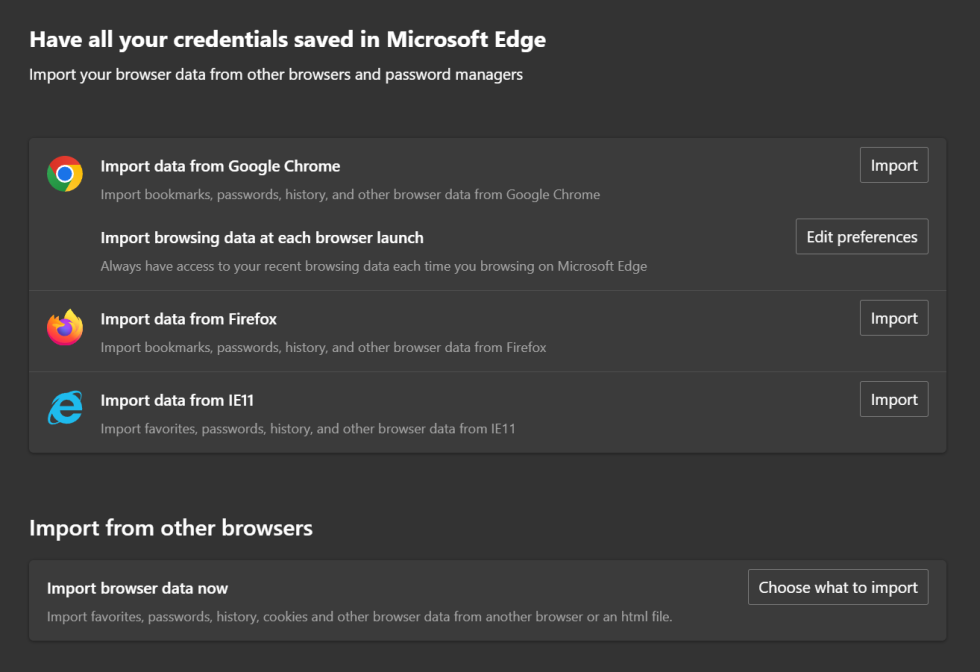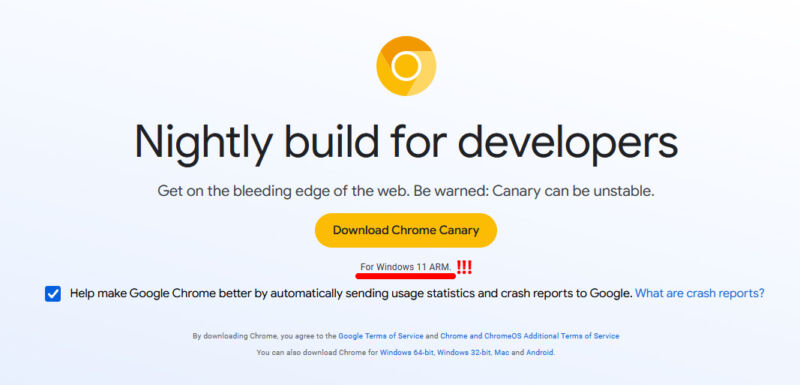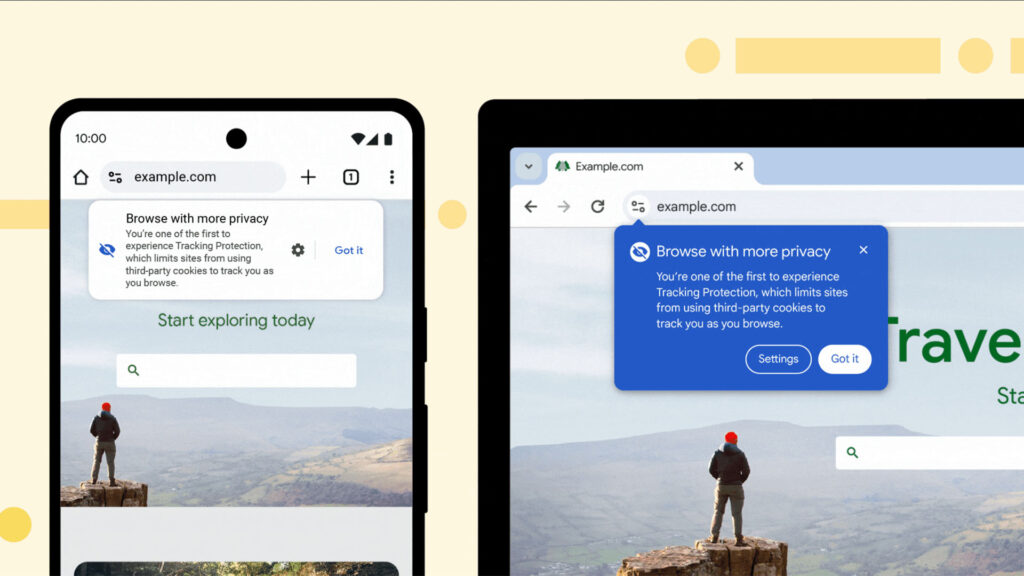-
Sl
chevron_right
Contact publication
pubsub.blastersklan.com / slashdot · Wednesday, 14 February - 11:25 edit · 1 minute
The Chromium team is prototyping Web Monetization to allow websites to automatically receive micro payments from visitors for their content, bypassing traditional ad or subscription models. The Register reports: Earlier this month, Alexander Surkov, a software engineer at open source consultancy Igalia, announced the Chromium team's intent to prototype Web Monetization, an incubating community specification that would let websites automatically receive payments from online visitors, as opposed to advertisers, via a web browser and a designated payment service. "Web monetization is a web technology that enables website owners to receive micro payments from users as they interact with their content," Surkov wrote in an explanatory document published last summer. "It provides a way for content creators and website owners to be compensated for their work without relying solely on ads or subscriptions. Notably, Web Monetization (WM) offers two unique features -- small payments and no user interaction -- that address several important scenarios currently unmet on the web." "Open Payments API is an open HTTP-based standard created to facilitate micro transactions on the web," wrote Surkov. "It is implemented by a wallet and enables the transfer of funds between two wallets. It leverages fine-grained access grants, based on GNAP (Grant Negotiation and Authorization Protocol), which gives wallet owners precise control over the permissions granted to applications connected to their wallet." The basic idea is web users will get a digital wallet, provided by Gatehub and Fynbos presently, and web publishers will add a link tag to their site's block formatted like so: . Thereafter, site visitors who have linked their digital wallet to their browser will pay out funds to the requesting publisher, subject to the browser's permissions policy.
Read more of this story at Slashdot.
Chrome Engine Devs Experiment With Automatic Browser Micropayments








